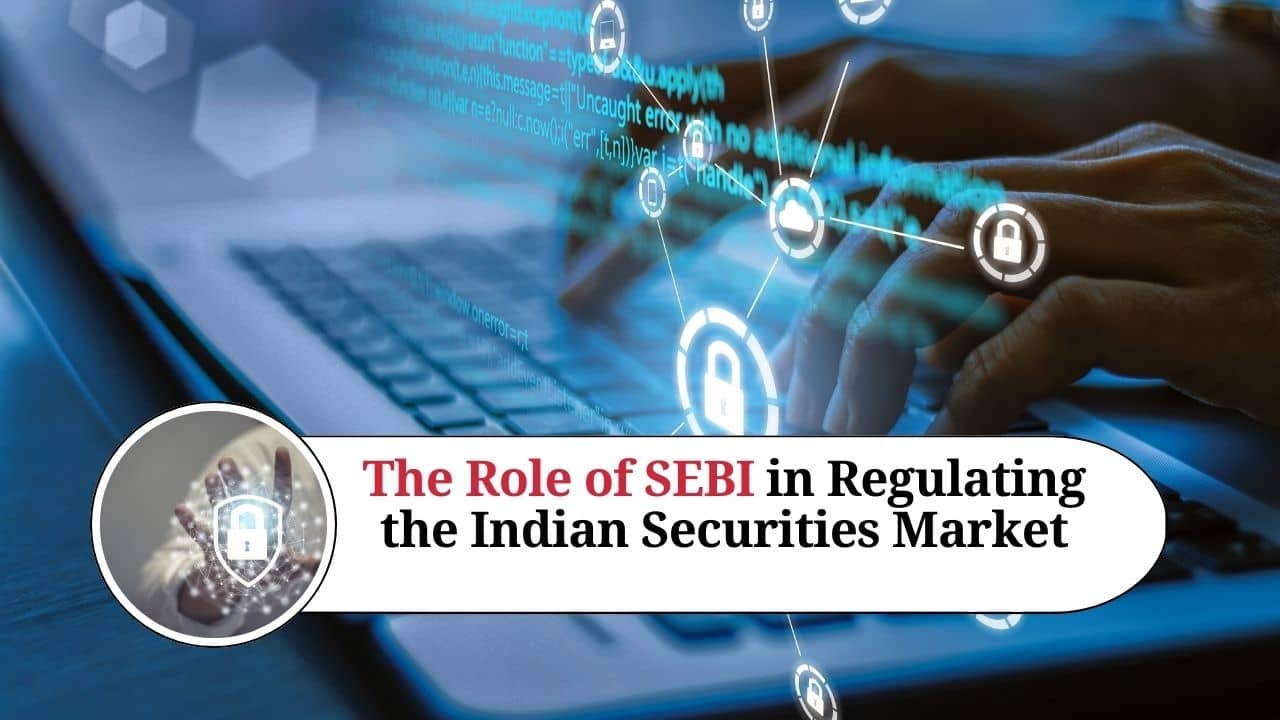Investing in Initial Public Offerings (IPOs) has become increasingly popular. With the advent of online platforms, the process is more accessible than ever. However, this convenience comes with its own set of challenges. Ensuring investor protection and market integrity is crucial. The Securities and Exchange Board of India steps in here. Let’s explore how SEBI is pivotal in regulating online IPO investments.
Ensuring Fairness and Transparency
One of SEBI’s primary responsibilities is to ensure fairness and transparency in the process of IPO investment online. When a company decides to go public, it must adhere to strict disclosure requirements set by the regulatory body.
This includes providing detailed information about its financials, business model, and risks. It scrutinizes these disclosures to prevent any misleading information from reaching potential investors. This meticulous process helps maintain a fair playing field for all participants.
Monitoring Online Platforms
Online platforms have revolutionized IPO investments, making it easier for individuals to participate. SEBI monitors these platforms to ensure they operate within the regulatory framework. They must follow user authentication, data security, and transaction integrity guidelines. Its oversight ensures that these platforms are convenient but also safe and reliable for investors.
Protecting Retail Investors
Retail investors often lack the expertise and resources of institutional investors. SEBI implements measures to protect these smaller investors. For instance, it mandates a minimum allocation of shares to retail investors in an IPO. This ensures that retail investors have a fair chance to participate. Additionally, the regulatory body provides educational resources and guidelines to help them make informed investment decisions.
Regulating IPO Pricing
The pricing of an IPO is a critical aspect that can impact investor returns. SEBI regulates the pricing mechanism to prevent manipulation. Companies must disclose their pricing methodology and justify the price band they set for the IPO. The body reviews these disclosures to ensure they are reasonable and in the best interest of investors. This regulation helps in maintaining market stability and investor confidence.
Handling Investor Complaints
Despite all the regulations, disputes and complaints can still arise. SEBI has a robust mechanism to handle investor complaints about an IPO investment online. Investors can lodge complaints through the body’s online portal. The body investigates these complaints and takes necessary action against the companies or platforms involved. This complaint redressal system ensures that investors have recourse in case of any grievances.
Promoting Innovation
While regulation is crucial, SEBI also encourages innovation in the market. The board continually updates its guidelines to accommodate new technologies and practices in the IPO process. This balance between regulation and innovation ensures the market changes while maintaining investor protection. For instance, the body has recently embraced digital signatures and e-KYC processes to streamline online investments.
Encouraging Corporate Governance
SEBI’s regulations also emphasize the importance of corporate governance. Companies must adhere to stringent governance norms before and after going public. This includes maintaining accurate financial records, conducting regular audits, and ensuring ethical practices.
By enforcing these norms, the body helps build investor trust in the companies they invest in. Good corporate governance practices lead to better market performance and protect investor interests.
Enhancing Market Efficiency
SEBI continually works towards enhancing market efficiency in the IPO process. By introducing streamlined processes and reducing bureaucratic hurdles, the body makes it easier for companies to go public. This, in turn, benefits investors by providing them with more investment opportunities.
SEBI’s efforts to improve market infrastructure and reduce the time taken for IPO approvals are vital to enhancing overall market efficiency. These measures ensure a smooth and efficient investment experience for all market participants.
SEBI’s role in regulating IPO investment online is multifaceted and dynamic. SEBI’s efforts are pivotal in maintaining market integrity, from ensuring transparency and fairness to protecting retail investors. Investing in IPOs can be exciting and rewarding. SEBI’s regulatory framework ensures that it remains a fair and transparent process for all.


